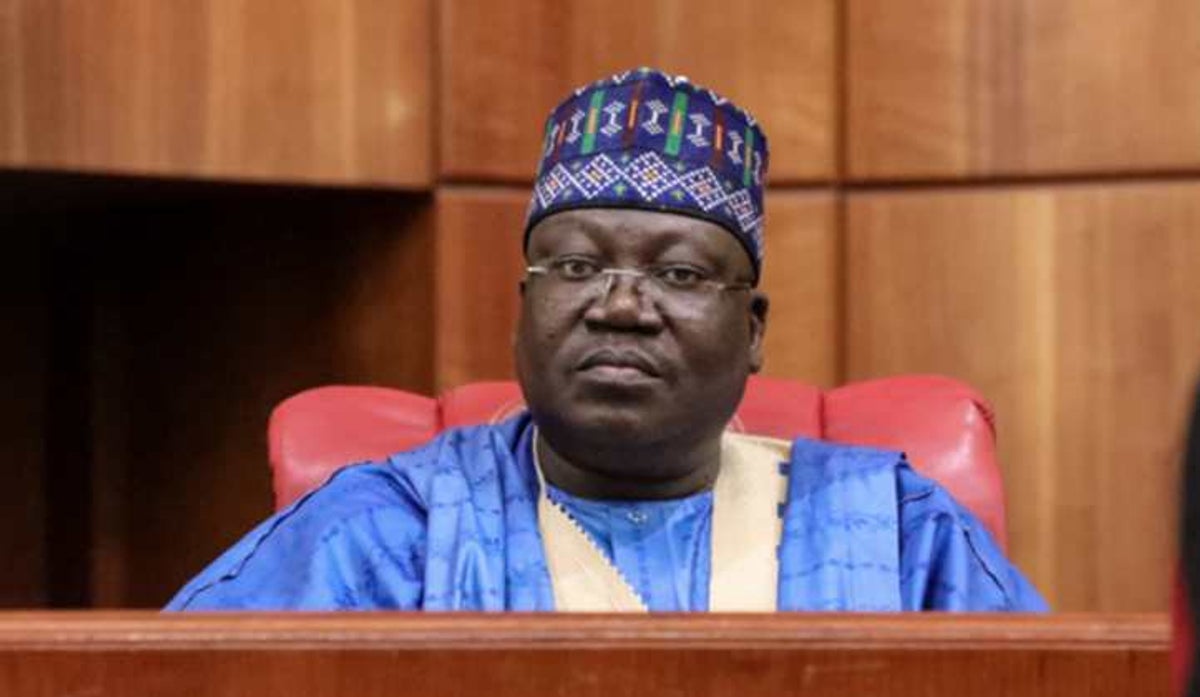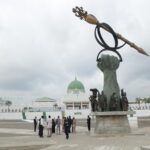As the National Assembly commences the process to amend the 1999 Constitution of the country to reflect the exigencies of the times, five controversial bills are before the lawmakers, our correspondent reports.
Records at the parliament showed that there are currently dozens of bills, seeking to alter the constitutional provisions as well as memoranda on various issues. However, five among them may raise controversies among the lawmakers and in the polity.
- Amnesty: APC Youths Reject Appointment Of PDP Members
- N712bn Amnesty Programme Funds Unaccounted For – NSA
Although the Senate constitution review committee had listed the 2014 confab report, recommendations of the Nasir el-Rufai-led committee on restructuring, power devolution, full local government fiscal autonomy, full autonomy for the judiciary, youth inclusiveness in governance and gender parity, amongst others as top on its agenda, there are other areas of the constitution the federal lawmakers want to amend.
Ahead of the 2023 general elections, the federal lawmakers are proposing the review of the academic qualifications for aspirants. The Senate had in March 2020, passed for second reading, a bill seeking to raise the academic qualifications required for anyone seeking to occupy political office.
The bill, sponsored by Senator Istifanus Gyang (PDP, Plateau) prescribes Higher National Diploma and National Diploma as minimum educational qualifications for anyone seeking to contest the office of the president or state governor and federal and state lawmakers respectively.
The current section of the constitution states that the person must have “been educated up to at least school certificate level or its equivalent”. Section 131 (d) is now rephrased to read, “He has been educated up to at least HND level or its equivalent.”
Also, the lawmakers are proposing virtual court proceedings in the country through the amendment of the constitution. Recall that in the wake of the COVID-19 pandemic, a number of court proceedings were held virtually. But there was debate among the legal community as to whether or not virtual hearing was real hearing as provided for in the constitution.
Some insisted that the word ‘public’ in the constitution shall continue to mean physical court room or other designated place unless and until the relevant provisions in Section 36 of the constitution are amended.
Sponsored by Senator Michael Opeyemi Bamidele (APC, Central), the provisions of the bill seek to amend Section 36, sub-sections (3) (4) (12).
Another constitutional amendment before the federal lawmakers was the proposal to introduce state police in the country. The agitation for state police preceded the ninth National Assembly. Part of the recommendations of the Governor Nasir el-Rufai-led committee on restructuring was a constitutional amendment to allow for state police.
Currently, Nigeria operates unitary police. Section 214 (1) of the 1999 constitution provides that “There shall be a police force for Nigeria, which shall be known as the Nigeria Police Force, and subject to the provisions of this section, no other police force shall be established for the federation or any part thereof.”
Another contentious issue was the proposal to allow for independent candidacy to contest for any elective office in the country. The bill, sponsored by Hon. Mohammed Tahir Monguno, had scaled through second reading at the House of Representatives.
Monguno said the bill seeks to deepen Nigerian democracy and give a level playing field for all Nigerians who want to contribute their quota to national and local development.
Daily Trust reports that if the bill scales through and is assented to by the president, the qualified citizens would no longer need a political party to stand in election.
Full local government fiscal autonomy was another constitutional matter before the National Assembly. The push for the autonomy of local government had continued to polarise the polity following the maladministration at the last tier of government.
If passed and assented to, it would enable local government authorities the freedom to generate revenue within their areas, allocate their financial and material resources, determine and authorise their annual budgets without external directive.
Constitutional amendment is a long and tedious process. It must be endorsed by the National Assembly and two-thirds of the states’ houses of assembly.
There had been attempts in the past to amend various aspects of the nation’s constitution, if the current process will be successful or not, only time will tell.

 Join Daily Trust WhatsApp Community For Quick Access To News and Happenings Around You.
Join Daily Trust WhatsApp Community For Quick Access To News and Happenings Around You.

